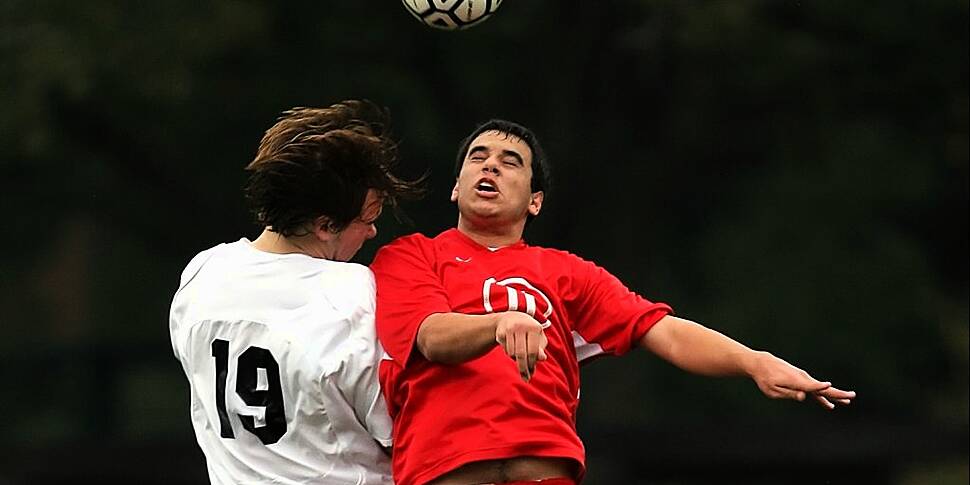 Photo by Pixabay
Photo by PixabayA study claims heading a football - even briefly - immediately alters brain functions and the way it communicates with muscles.
The study, by Manchester Metropolitan University, found participants who headed 20 footballs in a row failed to improve their performance, while a control group using a virtual headset did get better.
That suggests that heading impairs the ability to improve.
Those who came into real contact with the ball reported various symptoms commonly associated with concussion.
Lecturer in sport psychology at the University's Institute of Sport, Dr Johnny Parr said:
“Our findings show that heading a football clearly induces some immediate changes to brain function, and how our brain and muscles communicate."
“But, at this point, it’s still unclear what this altered activity represents."
“For example, it could be that heading required participants to work harder or invest greater cognitive effort in order to compensate for some deficit in the brains ability to process information."
There's been increased attention on protecting players from head injuries in recent years in sports including soccer and rugby.













